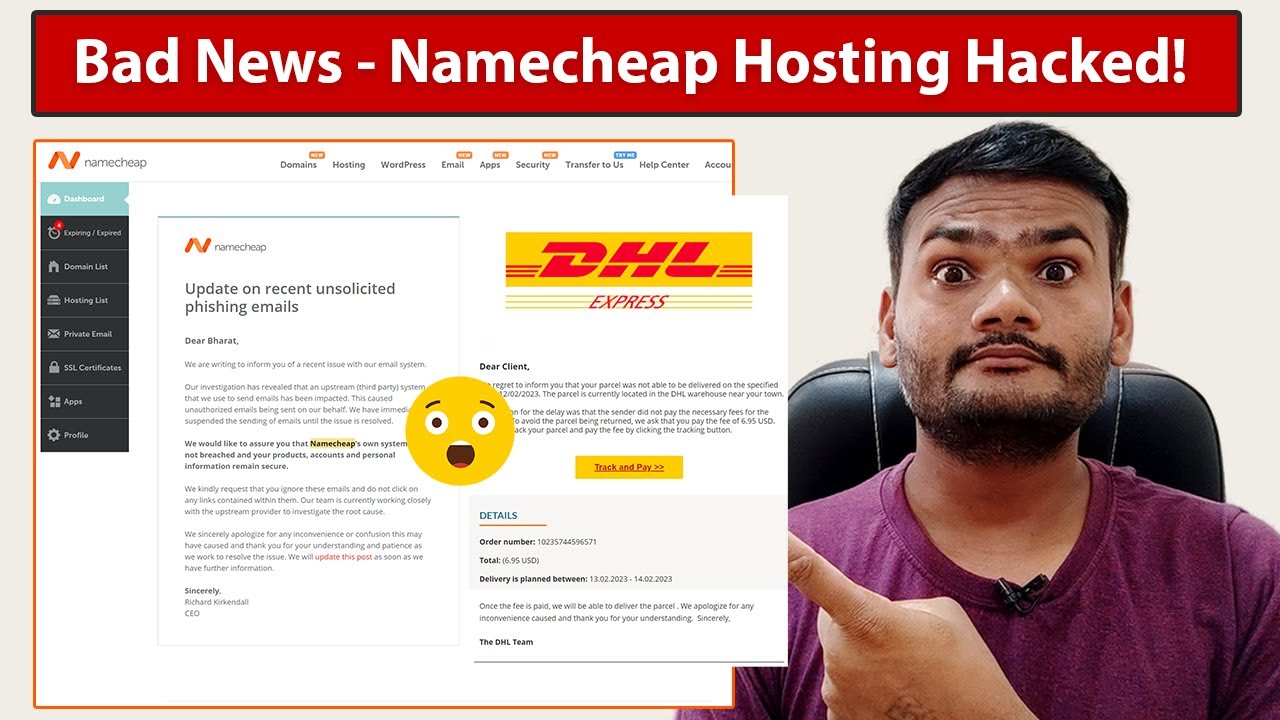
Namecheap Hosting Hacked! | Bad News For Namecheap Users! | Big News 2023
If you’re a Namecheap user, you might have recently heard some alarming news – Namecheap hosting has been hacked! This shocking revelation has left many users concerned about the security of their websites and data. In this article, we’ll delve into the details of the Namecheap hosting hack, its implications for users, and what steps you can take to protect your online assets.
The news of Namecheap hosting being hacked has sent ripples through the online community. Namecheap, a popular domain registrar and web hosting provider known for its affordable services and user-friendly interface, has now found itself at the center of a cybersecurity incident. While details are still emerging, it’s crucial for Namecheap users to stay informed and take proactive measures to safeguard their websites.
For many website owners, the security of their online presence is paramount. A hosting hack can lead to a range of issues, including data breaches, website defacement, and even loss of sensitive information. In the case of Namecheap hosting being compromised, users may be at risk of unauthorized access to their websites, potential data theft, and other security threats.
So, what can Namecheap users do in the wake of this hacking incident? Here are some steps to consider:
1. Change Your Passwords: The first and most crucial step is to change your Namecheap account password immediately. Make sure to create a strong, unique password that includes a combination of letters, numbers, and special characters.
2. Update Your Website Software: Ensure that all software, including your content management system (CMS) and plugins, are up to date. Vulnerabilities in outdated software can be exploited by hackers to gain access to your website.
3. Implement Two-Factor Authentication (2FA): Enable 2FA for an added layer of security. This will require a second form of verification, such as a code sent to your mobile device, in addition to your password.
4. Backup Your Website: Regularly backup your website files and databases to a secure location. In the event of a security breach, having a recent backup can help you restore your website quickly.
5. Monitor Your Website: Keep a close eye on your website for any unusual activity, such as unauthorized logins, changes to files, or suspicious traffic. Consider using security plugins or services to help detect and prevent threats.
While the news of Namecheap hosting being hacked is undoubtedly concerning, it


